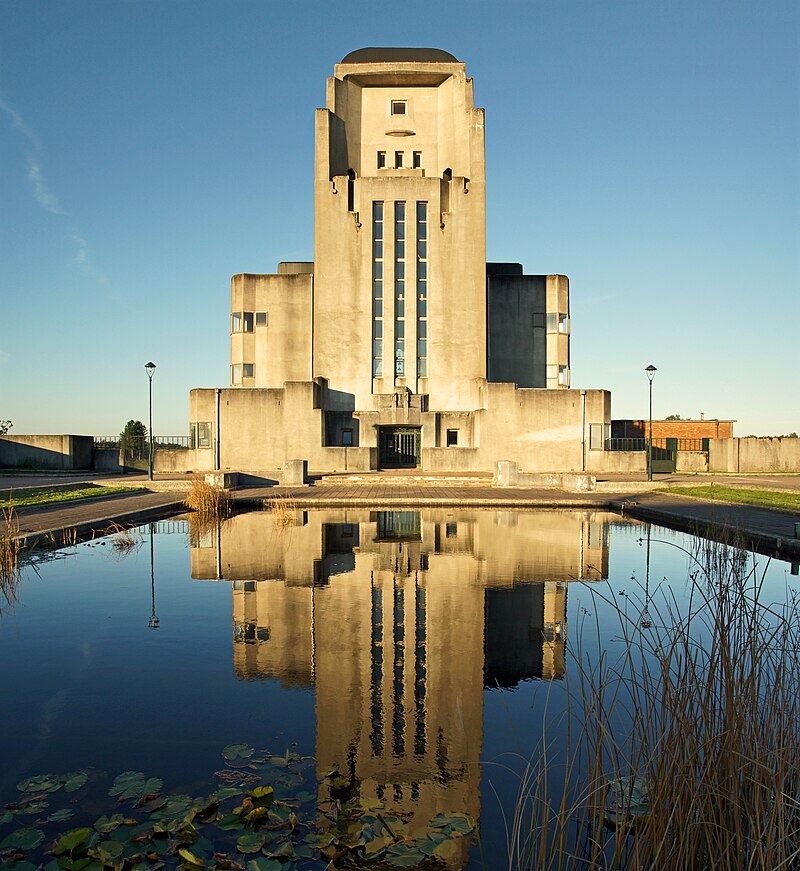User:Angeliki/Grad-Documenting: Difference between revisions
No edit summary |
|||
| Line 6: | Line 6: | ||
===The Netherlands=== | ===The Netherlands=== | ||
Article 7 of the Dutch Constitution ([[Constitution of the Netherlands|Grondwet]]) in its first paragraph grants everybody the right to make public ideas and feelings by printing them without prior censorship, but not exonerating the author from their liabilities under the law. The second paragraph says that radio and television will be regulated by law, but that there will be no prior censorship dealing with the content of broadcasts. The third paragraph grants a similar freedom of speech as in the first for other means of making ideas and feelings public, but allowing censorship for reasons of decency when the public that has access may be younger than sixteen years of age. The fourth and last paragraph exempts commercial advertising from the freedoms granted in the first three paragraphs.("De Grondwet". www.overheid.nl. 2011-04-29.) | Article 7 of the Dutch Constitution ([[Constitution of the Netherlands|Grondwet]]) in its first paragraph grants everybody the right to make public ideas and feelings by printing them without prior censorship, but not exonerating the author from their liabilities under the law. The second paragraph says that radio and television will be regulated by law, but that there will be no prior censorship dealing with the content of broadcasts. The third paragraph grants a similar freedom of speech as in the first for other means of making ideas and feelings public, but allowing censorship for reasons of decency when the public that has access may be younger than sixteen years of age. The fourth and last paragraph exempts commercial advertising from the freedoms granted in the first three paragraphs.("De Grondwet". www.overheid.nl. 2011-04-29.) | ||
Revision as of 11:01, 11 October 2018
Radio Kootwijk

Laws on speech
The Netherlands
Article 7 of the Dutch Constitution (Grondwet) in its first paragraph grants everybody the right to make public ideas and feelings by printing them without prior censorship, but not exonerating the author from their liabilities under the law. The second paragraph says that radio and television will be regulated by law, but that there will be no prior censorship dealing with the content of broadcasts. The third paragraph grants a similar freedom of speech as in the first for other means of making ideas and feelings public, but allowing censorship for reasons of decency when the public that has access may be younger than sixteen years of age. The fourth and last paragraph exempts commercial advertising from the freedoms granted in the first three paragraphs.("De Grondwet". www.overheid.nl. 2011-04-29.)
The penal code does have laws sanctioning certain types of expression. Such laws and freedom of speech were at the centre of a public debate in The Netherlands after the arrest on 16 May 2008 of cartoonist Gregorius Nekschot. On 1 February 2014, the Dutch Parliament abolished the law penalizing blasphemy. Laws that punish discriminatory speech still exist and are occasionally used to prosecute.
The Dutch Criminal Code § 137(c) criminalizes(Weinstein, James (2011). "Extreme Speech, Public Order, and Democracy: Lessons from The Masses". In Hare, Ivan; Weinstein, James. Extreme Speech and Democracy. Oxford University Press. p. 58. ISBN 978-0-19-954878-1.):
- … deliberately giv[ing] public expression to views insulting to a group of persons on account of their race, religion, or conviction or sexual preference.
